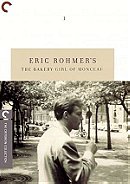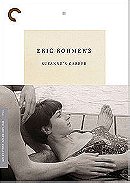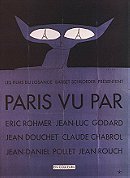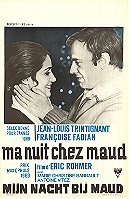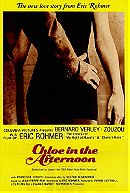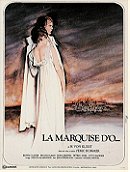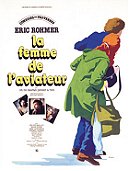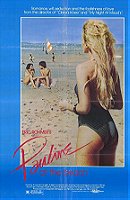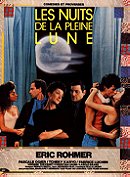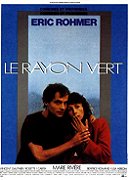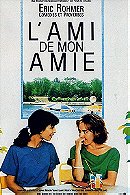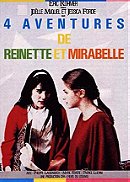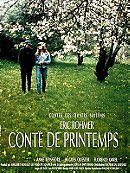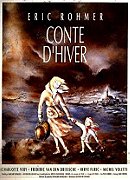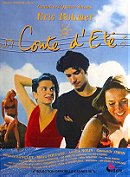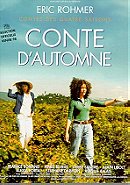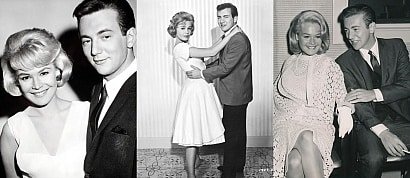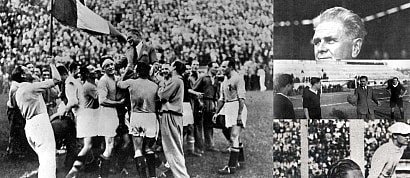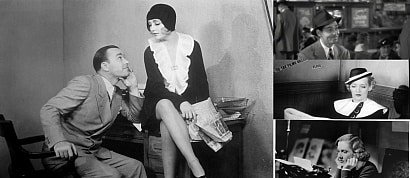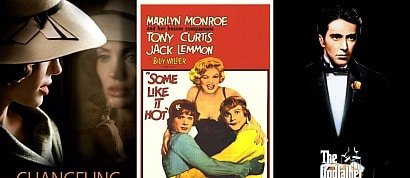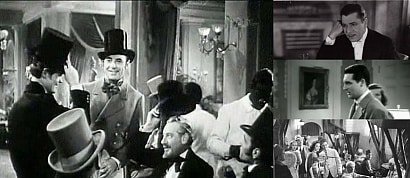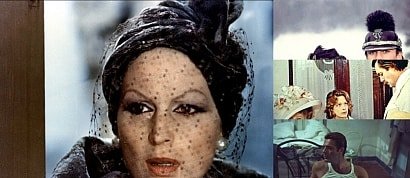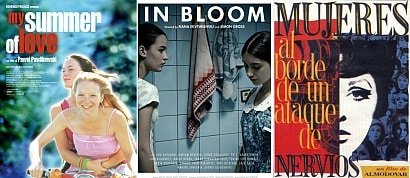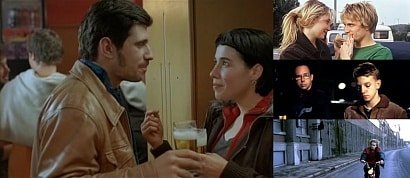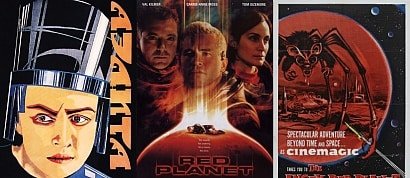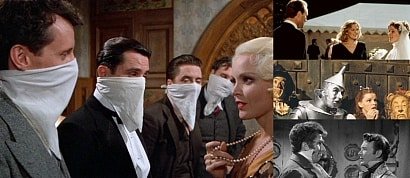Eric Rohmer - movies
Sort by:
Showing 27 items
Decade:
Rating:
List Type:
The most subtle and traditional of the many luminaries launched to prominence as a member of the French New Wave, Eric Rohmer is also among the movement's most consistent and enduring talents. Basing his work upon antecedents in literature as much as those in the cinema, Rohmer made his name crafting talky, feather-light romantic comedies and chamber dramas distinguished by economical camerawork, a warmly ironic tone, an affection for youth, and a fascination with place and time. His intensely personal private life -- according to legend, not even his own mother knew he was an internationally acclaimed, albeit pseudonymously named, filmmaker -- has stood in direct contrast to the emotional openness of his movies, which, in intimate and illuminating detail, explore the limitless entanglements, disappointments, and possibilities facing contemporary relationships.Born Jean-Marie Maurice Scherer on December 1, 1920, in Nancy, France, Rohmer later relocated to Paris, where he worked variously as a newspaper reporter and a literature teacher. In 1946, he assumed another pseudonym, Gilbert Cordier, to publish a novel, Elizabeth. At the end of the 1940s, he began moving away from reporting to focus on film criticism, becoming a fixture of Henri Langlois' Cinematheque Francais alongside the likes of fellow movie buffs Jean-Luc Godard, Francois Truffaut, Jacques Rivette, and Claude Chabrol. In 1950 -- the year Rohmer completed his first 16 mm short film, Journal d'un scelerat -- he, Godard, and Rivette founded the short-lived Gazette du Cinema, and by the next year he and his cohorts had joined the staff of Andre Bazin's Cahiers du Cinema. After abandoning work on his never-completed feature debut, Les Petites Filles Modeles, in 1956, Rohmer assumed editorial control of the famed publication, a position he held for the next seven years. In 1957, he and Chabrol also collaborated on Hitchcock, an influential study of the film master. With Godard serving as producer, Rohmer also continued helming short subjects like 1956's La Sonate à Kreutzer. After one more short film, 1958's Veronique et son Cancre, his long-awaited feature-length bow, La Signe du Lion, appeared the following year. Low key and warm, the film set Rohmer squarely apart from his Cahiers associates and their more consciously revolutionary aims. Springing forth from more literary and philosophical conceits, he soon began work on his Six Moral Tales, a sextet of subtle and deeply personal psychological portraits exploring the role of temptation in contemporary relationships. The first in the series, the short La Boulangere de Monceau, appeared in 1962, but after wrapping up 1963's hour-long La Carriere de Suzanne, Rohmer was forced to suspend work on the project in the wake of resigning from his Cahiers post. In 1964, he accepted a position in the French television industry, where over the next several years he directed over a dozen films including profiles of Lumiere and Dreyer for the Filmmakers of our Time series, as well as other documentaries on such diffuse subjects as the Parsifal legend, the Industrial Revolution, and the lives of Paris' female student population.At the same time, Rohmer also continued his extracurricular film projects. On 1964's short Nadja a Paris, he first teamed with cinematographer Nestor Almendros, who would become the director of photography on much of his greatest work, and a year later he contributed an episode to the New Wave compilation Paris vu Par.... Finally, in 1966, Rohmer completed La Collectioneuse, the third of the Six Moral Tales and the first shot in color. The winner of the Silver Bear Award at the Berlin Film Festival, the film fully established his graceful, sensual style and ability to employ the natural settings of his work to create an evocative, almost tangible narrative environment. With 1969's Ma Nuit Chez Maud, he achieved his international breakthrough, netting Oscar nominations for Best Foreign Language Picture and Best Screenplay. Its follow-up, the crystalline 1971 feature Le Genou de Claire, was another major critical success across the globe, and with the next year's L' Amour l'Apres-midi, Rohmer drew to a close the Moral Tales series with yet another success. Four years passed before Rohmer returned to filmmaking. Turning away from the personal storytelling of his previous work, he next adapted the period novella Die Marquise von O.... In 1978, he offered Perceval le Gallois, a retelling of Chretien de Troyes' 12th century epic poem set to music. Though among his finest films, it was also his least typical, and failed to find favor with the majority of his supporters. After a TV film titled Catherine de Heilbronn, Rohmer returned to the contemporary material of his greatest popular successes, launching a new six-feature series dubbed Comedies and Proverbs with 1981's La Femme de l'Aviateur. After 1982's Le Beau Mariage, he mounted the following year's Pauline à la Plage, garnering another Silver Bear in Berlin. The fourth installment in the series, Les Nuits de la Pleine Lune, premiered in 1984. Le Rayon Vert bowed two years later, winning the Venice Film Festival's Golden Lion honors and raising eyebrows when it premiered not in theaters but on French pay-television. In 1986, Rohmer delayed concluding the Comedies and Proverbs series by first helming Quatre Aventures de Reinette et Mirabelle, a return of sorts to the tradition of his morality tales. Finally, 1987's L'Ami de Mon Amie brought the sextet to a close. Quickly, Rohmer began work on a third series, the Tales of the Four Seasons quartet. The first film, Conte de Printemps, appeared in 1989, with Un Conte d'Hiver bowing three years later. Again, however, Rohmer chose to delay a work-in-progress, next turning to 1993's L' Arbre, le Maire et la Mediatheque. The episodic Les Rendez-Vous De Paris followed in 1995, but the next year Rohmer returned to his season cycle with Conte d'Été. Conte d'Automne followed in 1998, achieving further international acclaim for the director.Three years after the production of his last film, 2007's Romance of Astree and Celadon, Rohmer died on January 11, 2010, at age 89.
www.nytimes.com/movies/person/108731/Eric-Rohmer/biography
www.nytimes.com/movies/person/108731/Eric-Rohmer/biography
Added to
22 votes
To Watch II - Film Lists
(152 lists)list by PulpRoman
Published 5 years, 3 months ago  2 comments
2 comments
 2 comments
2 commentsPeople who voted for this also voted for
Anautix' favourite Historical Movies
Favorite Images of Yellow-bellied Marmots
Best German Actresses in History
Favorite Images of Armadillos
Favorite Images of Hot Air Balloons
Favorite Images Posted by Listal Members #5
Favorite Pluto Cartoons #1
Sandra Dee And Bobby Darin's Pictorial_3
Favorite Images of Pangolins
1930s Italy National Football Team
Beautiful Thailand
Journalist/Reporter - Movies
Favorite Images of Lizards #2
Favorite Real Life Pirates
Movies set in the 1920s
More lists from Venice
Chess in the cinema part 1
Luchino Visconti - movies
Female friendships on movies
Jean-Pierre Dardenne,Luc Dardenne - movies
Mars in movies
My favorite movies based on books part 2
James Bond Cars
 Login
Login
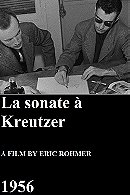
 7
7
 6.8
6.8
 6.2
6.2


